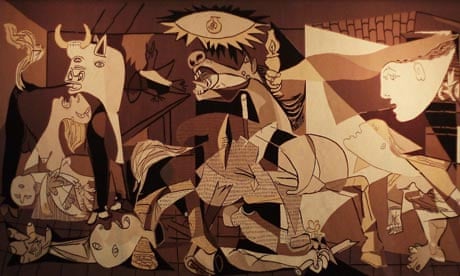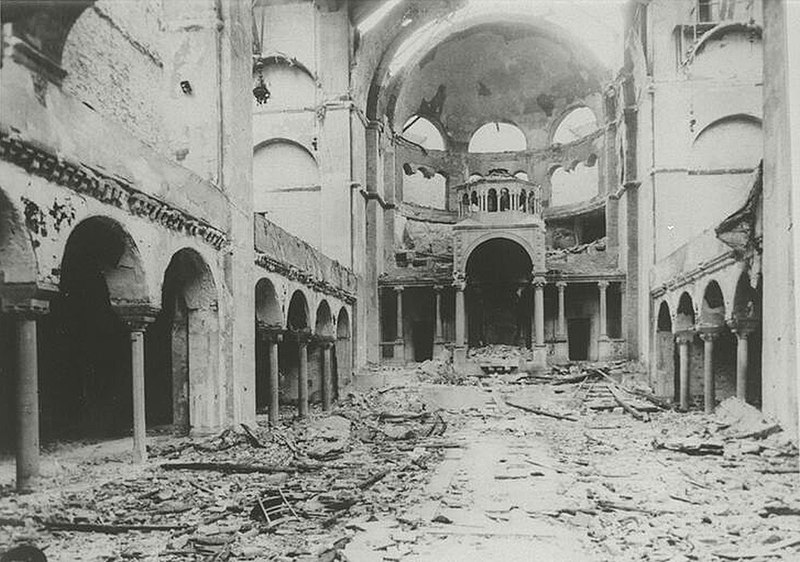Identify at least three inventions during the Tang and Song dynasties.
Woodblock printing
Mechanical clock
Porcelain improvements
Gunpowder (early development)
Herbal medicine advancements
Magnetic compass
Early paper currency
Moveable type printing
Gunpowder weapons
Compass for navigation
Chain drive mechanism
Water-powered devices
Government-issued paper money
Sternpost rudder
Champa rice cultivation
Urban public works
Expanded civil service exams
Who is this and what is he doing?
Martin Luther is posting his 95 Theses on the door of the Church of Wittenberg.
The _______________ invented by James Hargreaves in the 1760s allowed a weaver to spin more than one thread at a time.
spinning jenny
Who abdicated their throne in the February Revolution?
Tsar Nicholas II
Identify one major continuity in Asia between 1200-1450.
Goods continue to be exchanged throughout the Silk Road, Centralized rule in China lasts throughout this entire period, Japan strives but does not fully achieve a centralization of power, Japan maintains a feudal social hierarchy, the caste system and hinduism persists in India
What was the khanate that ruled over Russia called?
The Khanate of the Golden Horde
This powerful family finally brought centralized rule to Japan in 1603.
the Tokugawa Shogunate
Karl Marx wrote in The Communist Manifesto how capitalism divided society into two basic classes. The ______________ was essentially the working class and the ______________ included the middle class and investors who owned machinery and factories where workers produced goods.
proletariat; bourgeoisie
What event led Picasso to paint this?

The bombing of Guernica
Identify two discontinuities in Afro-Eurasia from 1900 to the present.
Europeans no longer expand their empires after WWII, indigenous Africans and Asians (Vietnam and India) push for independence, Britain is no longer the global superpower, the Soviet Union collapses thus ending the spread of Communism, apartheid regime in South Africa is defeated
In the early seventh century, __________, a Yamato prince, tried to unify the various clans so that the Japanese could more effectively resist an invasion by the Chinese.
Shotoku Taishi
In this 1494 agreement, Spain was to go west to get to the Indies and Portugal was to go East to get to the Indies. In agreeing to these terms, both empires respectively encountered and settled on the eastern and western portions of the Americas.
Treaty of Tordesillas
In 1853, a naval squad led by ____________________ sailed into Tokyo Bay demanding that the Japanese engage in trade with the United States.
Commodore Matthew Perry
Identify three of Wilson's Fourteen Points
No secret treaties; freedom of the seas; No tariffs; Worldwide reduction of armies; Independence for colonies; The removal of armed forces from Russia and Belgium; French territory should be freed & restored, including Alsace-Lorraine; The borders of Italy will be established; all Italians will be within the country of Italy. Austria-Hungary will continue to be independent' Serbia, Montenegro, and Romania will become independent; Creation of an Independent Turkey; Poland will become independent; Creation of the League of Nations
Identify three significant changes that emerged in Europe from 1450-1750.
Rise of Absolute rulers (Peter the Great, Louis XIV), Rise of European exploration of the Americas, Europeans expand empires driven by mercantilist economic ideology, rational worldviews develop in the Scientific Revolution
From the eleventh to the thirteenth centuries, European Christians carried out eight military expeditions to regain the Holy Land from the Muslims. These expeditions are known as the Crusades. Which of these crusades resulted in a victory for the Europeans and which resulted in failure for them?
In the first crusade, the Europeans were able to establish four Latin kingdoms over the Holy Land, but they soon fell to the Muslims and the Europeans failed to regain the Holy Land in the remaining seven crusades.
He sailed further east than any other Portuguese explorer at the time, landing in India in 1498. There he claimed territory as part of Portugal´s empire. The Portuguese ports in India were a key step in expanding Portugal´s trade in the Indian Ocean and with points farther east.
Vasco Da Gama
Eli Whitney created a system of ____________________ for manufacturing firearms for the US military, whereby if a particular component of a machine were to break, it could easily be replaced with a new, identical part.
interchangeable parts
What event led to synagogues like this to be burned down in Berlin in 1938? 
Kristallnacht
Identify four major changes that emerge in Afro-Eurasia between 1750-1900
Industrial Revolution, Scramble for Africa, Europeans expand empires in Africa and Asia, Catholic Church declines in influence in France, Britain shifts from partial to complete rule over India, China is carved into spheres of influence, Japan begins westernizing, new philosophies questioning the role of government develop in the Enlightenment
Identify the directions of the monsoon winds along the Indian Ocean in summer and in fall. (label which is which)
In the summer, monsoon winds blow toward India from the southwest, bringing heavy rain. In the winter, winds reverse direction and blow toward East Africa from the northeast, bringing drier air to India.
This Protestant invasion of England, known as the ____________________ was led by William of Orange. It took place without much violence, and gave parliament more power under the English Bill of Rights.
The Glorious Revolution
Creoles like Simon Bolivar pushed for Enlightenment ideals in Latin America. He promoted the independence of areas that became Venezuela, Colombia, Ecuador and Peru. After considerable military success in Latin America fighting the Spanish, his forces achieved the formation of a large area that he called ________________.
Gran Colombia
After being attacked by the Nationalists in the Shanghai Massacre, Mao led his fellow communists on this 6,000 mile trek around the western perimeter of China's mountainside. This journey was called ______________.
The Long March
From 1900 to the present, colonies in Africa, Latin America, and Asia developed nationalist movements and became independent states.
Identify two economic changes and two economic continuities resulting from the process of decolonization.
Changes: Shift Toward State-Led Development and Industrialization, Emergence of National Currencies and Financial Institutions
Continuities: Continued Dependence on Export of Raw Materials, Unequal Trade Relationships with Former Colonial Powers